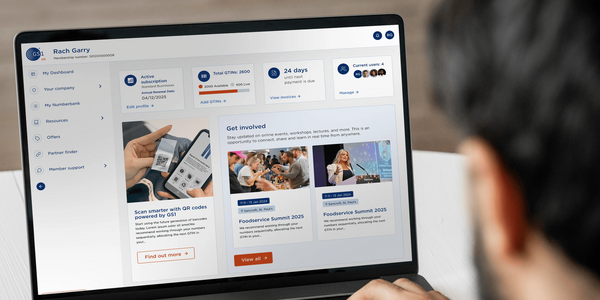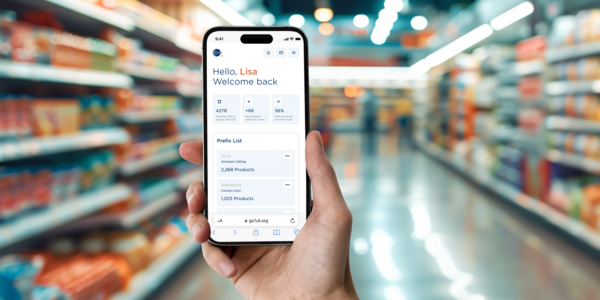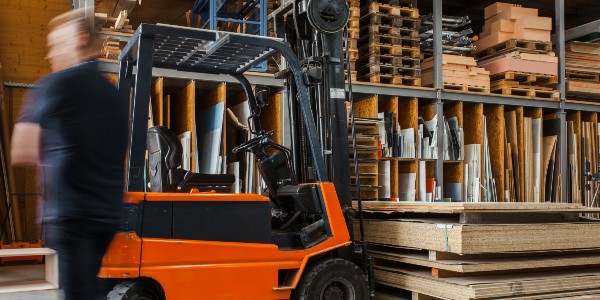November 11, 2025 Industry news
Search behaviour is changing, and construction businesses need to adapt.
Traditional SEO focused on climbing Google rankings with keywords and backlinks. Increasingly, people are turning to AI-powered tools such as chatbots and voice assistants to find answers rather than typing into a search bar. Recent research shows that more than 60 per cent of B2B buyers now use AI-driven tools for product discovery.
This does not mean SEO is obsolete. It simply means the rules are expanding. AI optimisation, or AIO, is the next step: making sure your content can be found, understood and used by AI systems. Rather than competing for a page of links, you want your information to be the one an AI assistant selects when responding to a query.
Platforms are already moving in this direction. Google’s AI-generated summaries now deliver instant answers built from multiple sources. ChatGPT has added a shopping-style feature that presents products with images, descriptions and links. A project manager or buyer searching for energy-efficient HVAC units might now receive a concise AI-curated list instead of a traditional list of websites. If your data is not ready for AI discovery, your product can simply vanish from view.
Why unique identifiers matter more than ever
Imagine a procurement officer asking an AI assistant: “What is the best cordless drill under £200 for concrete walls?” If your drill has a Global Trade Item Number (GTIN), the AI can gather specifications, reviews and compliance details from several sources and confidently include it in its recommendation. Without a GTIN, the AI may not be able to identify the product correctly and it may not appear in the result at all.

One thing has not changed: accurate and trusted product data is essential. This is where GS1 standards and the GTIN, come in. A GTIN is a globally recognised code that uniquely identifies a product. It acts as a unique fingerprint for your product, helping search engines and AI tools know precisely what they are looking at.
For years, Google has used GTINs to match products with the right searches. Products with GTINs typically perform better: they receive far more impressions and a higher rate of conversions than those without. Missing or incorrect GTINs can even restrict listings on Google Shopping and other advertising tools.
A GTIN tells the system that this product is authentic and precisely defined.
In AI-driven search, identifiers such as GTINs become even more important. AI systems do not display dozens of options. They are designed to recommend the best, most relevant products and only show items they can verify and fully understand. If your product data is incomplete or unclear, AI tools will leave it out entirely.
With a GTIN in place, an AI can confidently combine information from many sources: your website, catalogues, certification databases and distributors. It then uses that data to respond to a query. Without a GTIN, your product risks being missed altogether.
How GTINs improve accuracy and visibility
GTINs do not just help systems find your product. They allow algorithms to link data from different sources and build a more accurate picture. For example, reviews and ratings from multiple distributors can be consolidated and displayed as an overall rating. Technical specifications and certifications can be linked consistently across the web, and images and detailed attributes from different suppliers are unified.
This is particularly crucial in construction, where buyers choose products based on detailed technical data and compliance with specific standards. An AI system will not risk recommending a product if the information is incomplete or unclear.
Getting your products ready for an ai-optimised future
There are several actions that construction manufacturers, suppliers and marketplaces can take now:
1) Make sure every product you sell has a GTIN
Joining GS1 UK allows you to allocate official GTINs, and these identifiers are the foundation for better visibility in search results and AI-driven platforms.
2) Include GTINs everywhere you provide product information
This includes your website, product metadata, structured data markup and any feeds you submit to search engines, marketplaces or industry platforms.
3) Take time to ensure that your product data is rich and consistent
Provide all the details that a potential customer or a digital system might need, such as dimensions, materials, performance data, certifications, stock levels, prices and high-quality images. AI tools rely on these details to match your products with very specific queries.
4) Optimise your content for natural language queries
Many people ask AI assistants conversational questions such as “Which plasterboard is best for fire resistance?” or “Which cement performs well in cold weather?” Adding FAQ-style sections and ensuring that key attributes appear clearly in your content makes it more likely that your product will be selected in an AI-generated answer.
5) Monitor your digital presence and be ready to adapt
Keep an eye on how your products appear in search results and in AI-generated summaries. Update your data regularly and stay aware of emerging technologies such as direct product feeds to AI systems
GS1 UK is here to support businesses in adopting GTINs and implementing standards for AI-driven search.

GS1 UK head of construction, Shervin Yousefzadeh
Why this matters for construction
This shift from SEO to AIO is already under way. Specifiers, contractors and buyers are turning to digital platforms, and now AI, to find, compare and select products.
The industry is under pressure to improve traceability and accuracy of product information, particularly with regulations such as the “golden thread” of data. Standard identifiers such as GTIN support these goals and make it easier to meet the expectations of digital procurement and compliance.
For example, leading construction supplier Travis Perkins has prioritised GTINs to ensure accurate product identification across digital platforms. Aligning your business with GS1 standards now is an investment that improves results today and secures your place in an AI-driven future.



